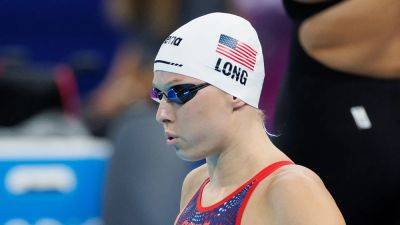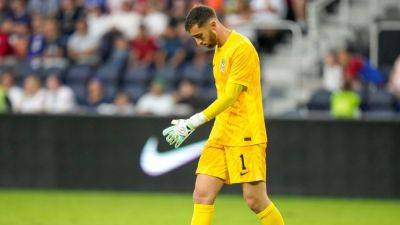ESPN survey - Venues fall short on invisible disability needs - ESPN
Professional sports teams have largely moved to accommodate the needs of fans with sensory issues, but many venues still fall short when it comes to addressing a range of other needs for fans living with conditions known as invisible or nonapparent disabilities, according to a nationwide ESPN survey.
Tens of millions of Americans live with conditions that are not immediately apparent but significantly impact their daily lives, including autism, brain injuries, autoimmune diseases, chronic pain, mental health conditions, and loss of hearing and vision.
Invisible disabilities are protected by the Americans with Disabilities Act, a 1990 law that prohibits discrimination and requires stadiums, arenas and other venues to provide accommodations. But those efforts largely focus on physical accessibility features such as wheelchairs, ramps and elevators.
«People think, 'Hey, let's just do the minimum, we have X number of wheelchair seats, that's good enough,'» said Sherri Privitera, senior principal and senior architect at Populous, which designs sports venues.
Advocates for people with invisible disabilities say they would like to see teams offer accommodations such as better drop-off zones and special entrances for fans with disabilities, elevator access for fans who need it, and even measures as simple as printed menus at hot dog stands and better education for stadium employees.
Simple awareness is a big issue.
For example, Pittsburgh Steelers fan Mikey Dedmon said her systemic lupus isn't obvious to most people and that causes her problems at stadiums. She struggles to take the stairs but has been stopped from using elevators and told by stadium personnel that they were reserved for people with disabilities.
ESPN canvassed








